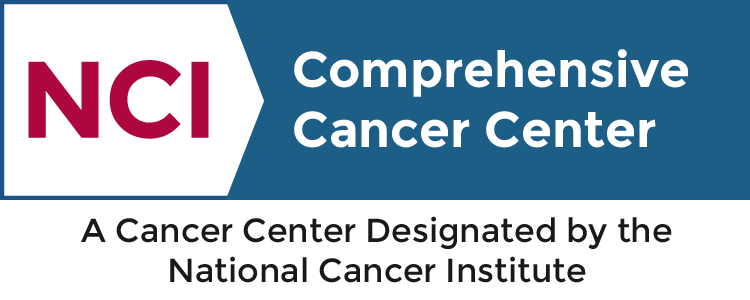Colorectal cancer remains the second leading cause of cancer-related death among Hispanic/Latino (HL) Americans and a persistent example of racial disparities in cancer care. Although an increasing body of work exists on healthcare disparities between non-Hispanic black and non-Hispanic white Americans with cancer, disparities experienced by HL patients remain largely understudied. While certain mechanisms may be shared across at risk groups (e.g., structural racism, uninsurance or underinsurance), others may be specific to HL populations (e.g., language proficiency, acculturation, health beliefs) and outside the scope of current governmental interventions. Using qualitative methods, we will examine how HL patients and their caregivers experience important aspects of rectal cancer care, including the initial diagnosis, specialty consultation, discussion of recommendations, and eventual treatment decisions. We aim to identify barriers and facilitators to the receipt of recommended cancer care among HL Californians with rectal cancer. We then plan to compare care experiences between HL Californians living in an urban setting like the Bay Area and those living in a more rural environment like the Central Valley (including San Joaquin, Merced, and Stanislaus Counties). Our expected outcomes are to have defined multiple mechanisms that contribute to disparities in rectal cancer care for HL Californians. These results will be fed back to the community and used to design community-based policy interventions targeting these gaps in care. Our long-term goal is to test, implement, and evaluate these interventions at the county level in order improve care delivery, patient experience, and health equity.
Research
Funding Opportunities
SCI Equity Impact Research Grant Seed Grant
2022


